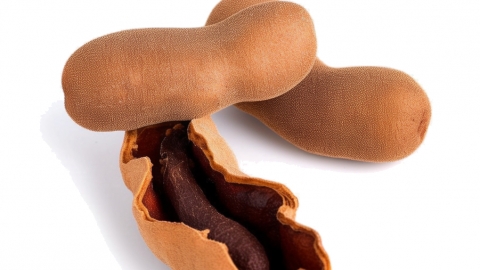Is it good for children to eat tamarind cake regularly over a long period?
Generally speaking, it is not advisable for children to consume tamarind cake regularly over a long period, and its intake should be controlled while paying attention to potential health risks. A detailed analysis is as follows:

Tamarind cake contains high levels of sugar, such as refined sugar and maltose syrup. Long-term excessive intake may lead to excessive calorie consumption, which can be converted into fat accumulation, increasing the risk of obesity. Additionally, residual sugar in the mouth can promote bacterial growth, damage tooth enamel, and lead to dental caries. The organic acids present in tamarind cake may stimulate gastric acid secretion, and long-term overconsumption could cause symptoms of indigestion such as stomach pain, acid reflux, particularly in children with weaker gastrointestinal function.
The nutritional composition of tamarind cake is relatively limited. Long-term excessive consumption may interfere with children's intake of other foods, such as vegetables and proteins, potentially leading to nutritional imbalances that could affect growth and development. Children with weaker chewing and digestive abilities may face a risk of choking due to improper swallowing or develop indigestion due to increased gastrointestinal burden. Some children may also be allergic to certain components in tamarind, and prolonged consumption could increase the risk of allergic reactions, such as rashes, itching, and gastrointestinal discomfort.
Parents are advised to control the amount of tamarind cake given to children, treating it as part of a healthy diet rather than a substitute for main meals or other nutritious foods. It's also important to monitor the overall dietary structure of children to ensure they receive comprehensive and balanced nutrition. If there are any specific health concerns, timely consultation with a professional doctor or nutritionist is recommended.








